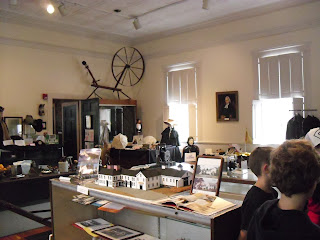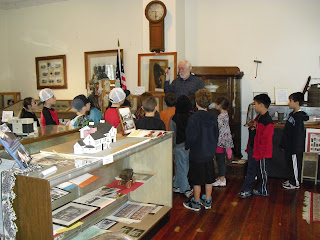It is hard to believe that I am entering my sixth year in Burlington! Moving to my new post in central office this year has certainly brought a new set of challenges as I am feeling like the "new kid" who is trying to learn all of the names and navigate new hallways. However, there are tremendous learning opportunities available when you step out of your comfort zone and accept a new challenge. I feel fortunate to have the opportunity to accept this challenge in a place like Burlington where education and educators are supported.
As an administrator and a parent, I am impressed daily by the learning taking place in our schools. While none of us purport to be the perfect educator, there are so many examples of high-quality learning experiences taking place every day. Fortunately for me, I get to see a number of them first hand!
But there is good news for those who can't be in our classrooms each day to witness the happenings. Because more and more of our staff members are sharing a window into their classrooms with blogs and other online spaces, there are opportunities for others to follow along.


.jpg)































